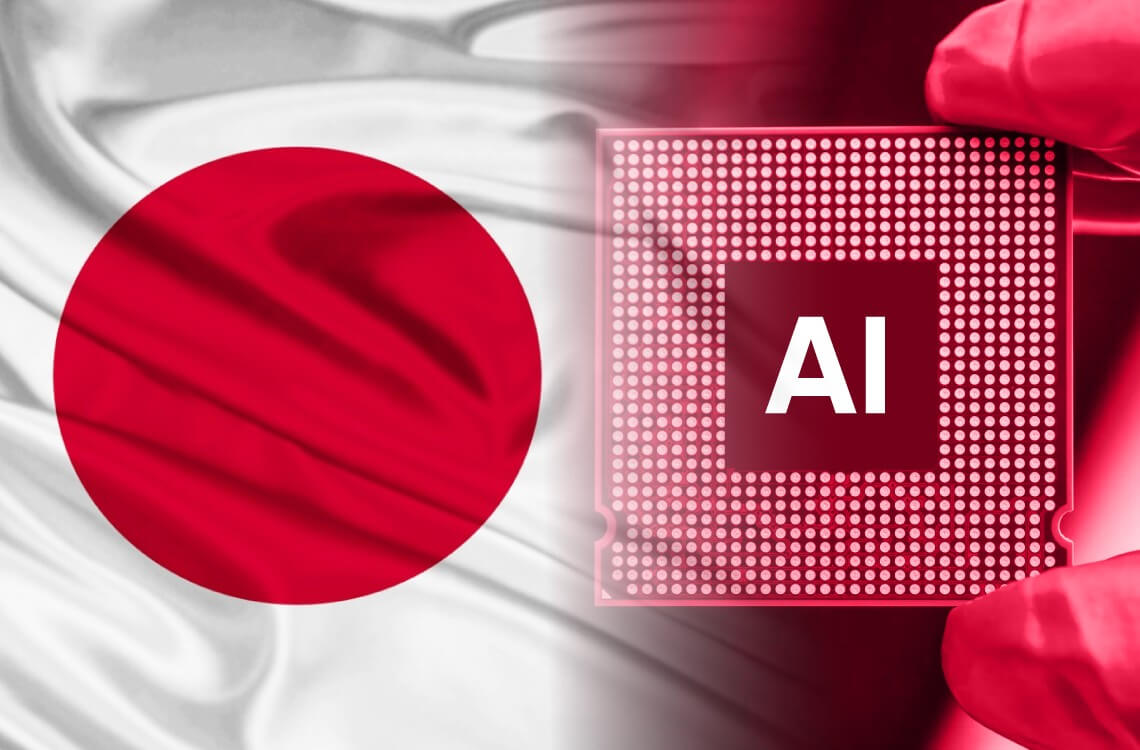A global tech battle is brewing as Japan prepares to carve out its niche in the increasingly contentious AI chip war. Fueled by a government-backed deal, Tokyo-based JSR is poised to strengthen Japan’s stronghold in this heated US-China race for semiconductor supremacy.
Unraveling the JSR puzzle
Securing a pivotal position in the global semiconductor supply chain, JSR recently welcomed a surprising buyout offer from the Japan Investment Corporation (JIC), a fund under the close supervision of Japan’s robust Ministry of Economy, Trade, and Industry (METI).
This buyout, valued at an impressive $6.4 billion, has sparked both curiosity and speculation due to JIC’s unprecedented entrance into large-scale buyout territory.
Despite some claiming this a covert nationalization, JSR’s American CEO, Eric Johnson, assures that JIC’s primary goal is enhancing the competitiveness of Japan on a global scale, not governmental ownership.
However, investors are left pondering the suddenness of the deal and JIC’s motive, as the company has no previous experience with buyouts of this magnitude.
Analysts suggest the deal might signify a significant milestone in Japan’s government-led efforts to direct the private sector towards actions that prioritize national strategy over financial reasoning.
Japan’s chip dominance strategy
JSR boasts a 30% global market share in photoresists, specialized chemicals vital for imprinting circuit designs on chip wafers. Its clientele includes behemoths like Samsung, TSMC, and Intel, reinforcing the company’s strategic importance in the industry.
Aligning with Washington, Japan imposed restrictions on certain semiconductor manufacturing equipment in March, intended to impede China’s advancements in the production of state-of-the-art chips.
This strategy was echoed partially by the Netherlands last week, who set export restrictions to China on their high-end chipmaking machines.
Japan’s aspirations for a consolidated and fortified semiconductor materials industry have grown more pronounced amidst the escalating US-China trade conflict. The JSR deal aligns impeccably with these ambitions, as acknowledged by people close to METI.
The concept of consolidation is justified. Beyond JSR, the Japanese semiconductor materials industry is considerably fragmented, and companies have been historically reluctant to engage in merger discussions.
A new era for JSR
Should the buyout be successful, JSR will delist from the Tokyo Stock Exchange later this year and transition into a private company — a status it believes will facilitate self-reformation and industry reshaping.
Johnson suggests that privatisation might dissolve some resistance, thus paving the way for potential mergers, especially given METI’s influence and the prospect of JSR transitioning to a non-listed company.
JSR, backed by a government-funded organization, can assert actions aligning with a broader national strategy, sparking a potentially transformational momentum for the company and the industry at large.
Following the deal’s announcement, stocks of JSR and other specialty chemical companies associated with semiconductor manufacturing experienced a significant uptick.
This created speculation about potential industrial consolidation targets, changing the dynamics of the semiconductor industry.
JSR’s move could indeed spark a trend that reshapes the industry’s mindset, enabling significant value creation for JSR and nudging this influential part of the economy forward.
While the economic path is not straightforward, the symbolism of the deal is significant, proving once again that Japan is a key player in the global AI chip war.





